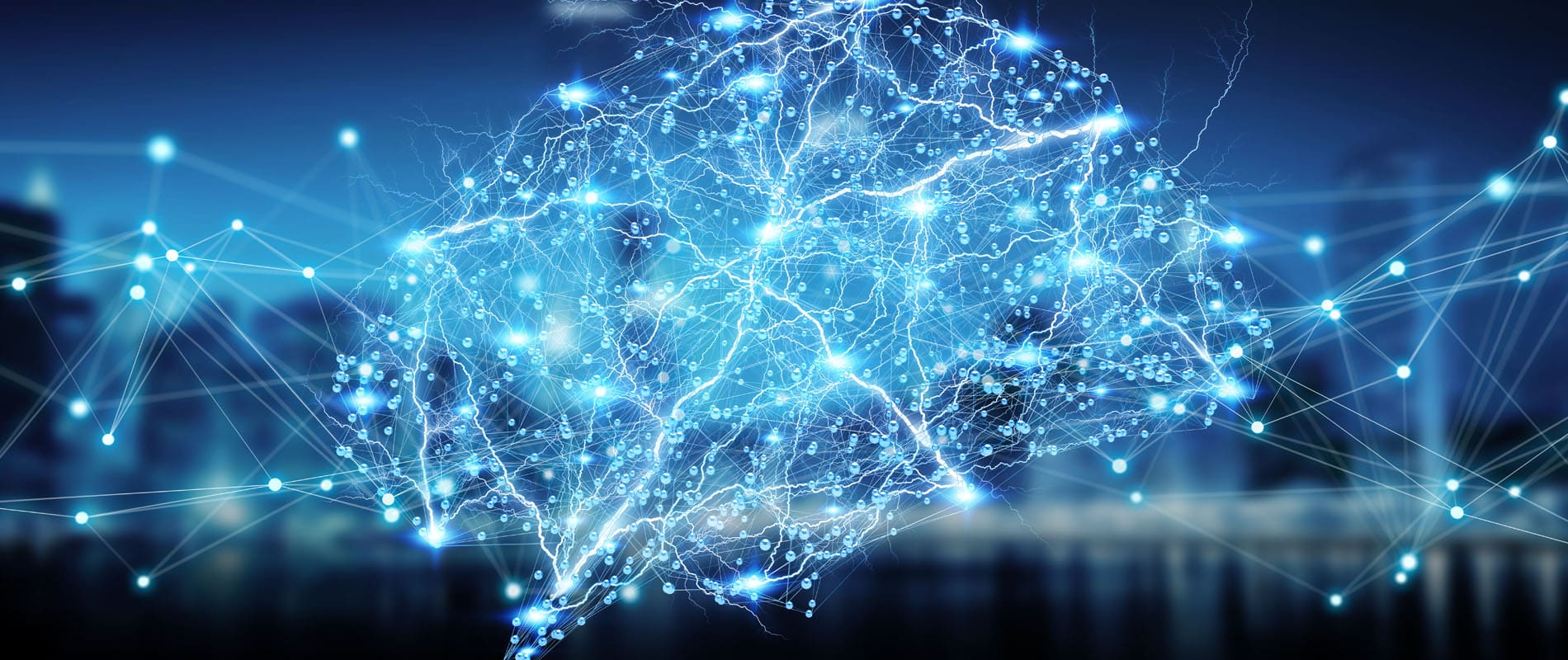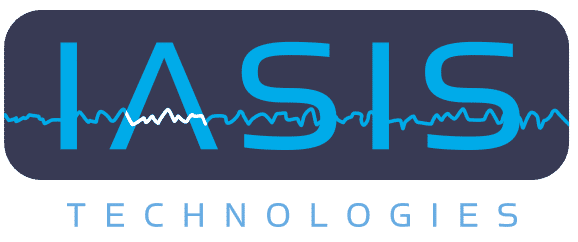Transcranial Stimulation for mTBI
A Transcranial Stimulation Study on Concussion, Traumatic Brain Injury, Post-Traumatic Stress Disorders
Passive Transcranial Stimulation Treatment of mTBI: MEG and Behavioral Outcomes
Mild traumatic brain injury (mTBI) is a leading cause of sustained physical, cognitive, emotional, and behavioral deficits in OEF/OIF/OND Veterans and the general public. However, the underlying pathophysiology is not completely understood, and there are few effective treatments for post-concussive symptoms (PCS). In addition, there are substantial overlaps between PCS and post-traumatic stress disorder (PTSD) symptoms in mTBI.
Iasis MCN Neurofeedback is among a class of passive neurofeedback treatments that combine low-intensity pulses for transcranial stimulation (LIP-tES) with electroencephalography (EEG) monitoring.
LIP-tES techniques have shown promising results in alleviating PCS individuals with TBI. However, the neural mechanisms underlying the effects of LIP-tES treatment in TBI are unknown, owing to the dearth of neuroimaging investigations of this therapeutic intervention.
Conventional neuroimaging techniques such as MRI and CT have limited sensitivity in detecting physiological abnormalities caused by mTBI, or in assessing the efficacy of mTBI treatments. In acute and chronic phases, CT and MRI are typically negative even in mTBI patients with persistent PCS.
In contrast, evidence is mounting in support of resting-state magnetoencephalography (rs-MEG) slow-wave source imaging (delta-band, 1-4 Hz) as a marker for neuronal abnormalities in mTBI. The primary goal of the present application is to use rs-MEG to identify the neural underpinnings of behavioral changes associated with Iasis MCN Neurofeedback treatment in Veterans with mTBI.
Using a double-blind placebo controlled design, the investigators will study changes in abnormal MEG slow-waves before and after Iasis MCN neurofeedback treatment (relative to a ‘sham’ treatment group) in Veterans with mTBI. In addition, the investigators will examine treatment-related changes in PCS, PTSD symptoms, neuropsychological test performances, and their association with changes in MEG slow-waves.
The investigators for the first time will address a fundamental question about the mechanism of slow-waves in brain injury, namely whether slow-wave generation in wakefulness is merely a negative consequence of neuronal injury or if it is a signature of ongoing neuronal rearrangement and healing that occurs at the site of the injury.
Specific Aim 1 will detect the loci of injury in Veterans with mTBI and assess the mechanisms underlying functional neuroimaging changes related to Iasis MCN treatment using rs-MEG slow-wave source imaging. The investigators hypothesize that MEG slow-wave source imaging will show significantly higher sensitivity than conventional MRI in identifying the loci of injury on a single-subject basis. The investigators also hypothesize that in wakefulness, slow-wave generation is a signature of ongoing neural rearrangement / healing, rather than a negative consequence of neuronal injury. Furthermore, the investigators hypothesize IASIS will ultimately reduce abnormal MEG slow-wave generation in mTBI by the end of the treatment course, owing to the accomplishment of neural rearrangement / healing.
Specific Aim 2 will examine treatment-related changes in PCS and PTSD symptoms in Veterans with mTBI. The investigators hypothesize that compared with the sham group, mTBI Veterans in the IASIS treatment group will show significantly greater decreases in PCS and PTSD symptoms between baseline and post-treatment assessments. Specific Aim 3 will study the relationship among IASIS treatment-related changes in rs-MEG slow-wave imaging, PCS, and neuropsychological measures in Veterans with mTBI. The investigators hypothesize that Reduced MEG slow-wave generation will correlate with reduced total PCS score, individual PCS scores (e.g., sleep disturbance, post-traumatic headache, photophobia, and memory problem symptoms), and improved neuropsychological exam scores between post-IASIS and baseline exams. The success of the proposed research will for the first time confirm that facilitation of slow-wave generation in wakefulness leads to significant therapeutic benefits in mTBI, including an ultimate reduction of abnormal slow-waves accompanied by an improvement in PCS and cognitive functioning.

Mingxiong Huang
Dr. Mingxiong Huang is currently a Professor in the University of California, San Diego (UCSD)’s Department of Radiology (2004-present); an Adjunct Professor in UCSD's Department of Electrical and Computer Engineering; a career research health scientist and physicist at VA’s San Diego Healthcare System, and the Co-Director of the UCSD magnetoencephalography (MEG) Center.
To share the IASIS Technologies International news article, click on the social media application of choice below.




